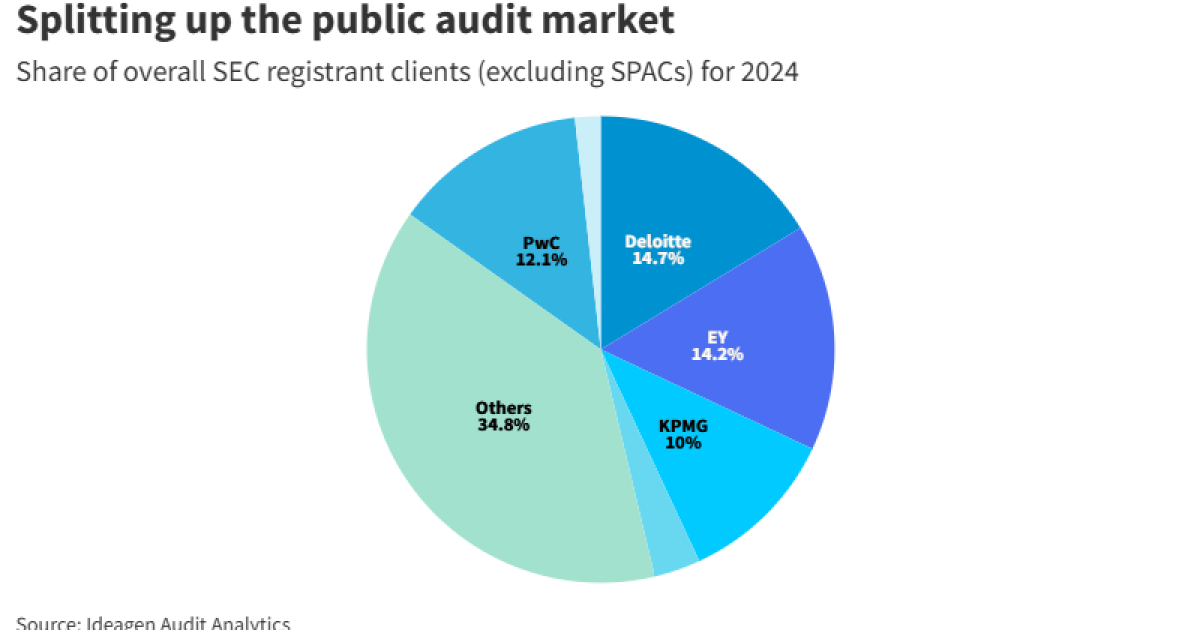House Speaker Mike Johnson said Republicans have reached an agreement to increase the state and local tax deduction to $40,000, suggesting a resolution to one of the final issues holding up President Donald Trump’s economic bill.
“That is the agreement we came to,” Johnson told CNN Wednesday, in response to a question about raising the deduction cap to $40,000 from $10,000 for a decade.
“I think the SALT caucus, as they call themselves, it’s not everything they wanted, but I think they know what a huge improvement that is for their constituents and it gives them a lot to go home and talk about,” Johnson said.
The $40,000 SALT limit will phase out for annual incomes greater than $500,000, according to a person familiar with the matter. The income phaseout threshold would grow 1% a year over a decade, they said.
The cap is the same for both individual taxpayers and married couples filing jointly, the person added.
Several lawmakers — New York’s Mike Lawler, Nick LaLota, Andrew Garbarino and Elise Stefanik; New Jersey’s Tom Kean, and Young Kim of California — have threatened to reject any tax package that does not raise the SALT cap sufficiently.
It’s not clear that all those lawmakers have signed off on the deal.
Some SALT advocates have pushed for income limits as high as $750,000 and a 2% annual phaseout increase, according to another person familiar with the negotiations, who requested anonymity to discuss private talks.
Lawler told NPR in an interview Wednesday morning that lawmakers are still working through some “finer points,” but that he’s hopeful to reach a deal later in the day.
The current write-off is capped at $10,000, a limit imposed in Trump’s first-term tax cut bill. Previously, there was no limit on the SALT deduction and the deduction would again be uncapped if Trump’s first-term tax law is allowed to expire at the end of this year.
Johnson’s plan expands upon the $30,000 cap for individuals and couples included in the initial version of the tax bill released last week. That draft called for phasing down the deduction for those earning $400,000 or more. That plan was quickly rejected by several lawmakers from high-tax districts who called the plan insultingly low.
SALT has been among the thorniest issues for House leaders who are navigating the political realities of pushing an expensive tax bill through with their narrow and fractious majority. Trump has grown frustrated over the SALT demands and urged lawmakers on Tuesday to not let their parochial interests sink the bill.
Still, the agreement is also already causing a backlash from conservatives who are pushing for more spending cuts to offset the tax reductions in Trump’s economic package.
Representative Andy Harris, who chairs the conservative House Freedom Caucus, told Newsmax he thinks Republicans are “actually further away from the deal, because that SALT cap increase, I think, upset a lot of conservatives again.”
The House Rules Committee debated Trump’s bill for hours early Wednesday, beginning at 1 a.m. Washington time, in order to meet Johnson’s self-imposed Thursday deadline to pass the legislation out of the House. Republicans are expected to soon release a revised version of the legislation that will address SALT and other unresolved issues.
Republicans are also sparring over spending reductions in the bill, including weighing cuts to Medicaid health coverage and food assistance for low-income households.
House Republicans leaders are planning to accelerate new Medicaid work requirements to December 2026 from 2029 in a deal with ultra-conservatives to cut additional health spending.


 Economics1 week ago
Economics1 week ago
 Economics1 week ago
Economics1 week ago
 Personal Finance1 week ago
Personal Finance1 week ago
 Economics6 days ago
Economics6 days ago
 Personal Finance1 week ago
Personal Finance1 week ago
 Economics1 week ago
Economics1 week ago
 Economics5 days ago
Economics5 days ago
 Personal Finance1 week ago
Personal Finance1 week ago











